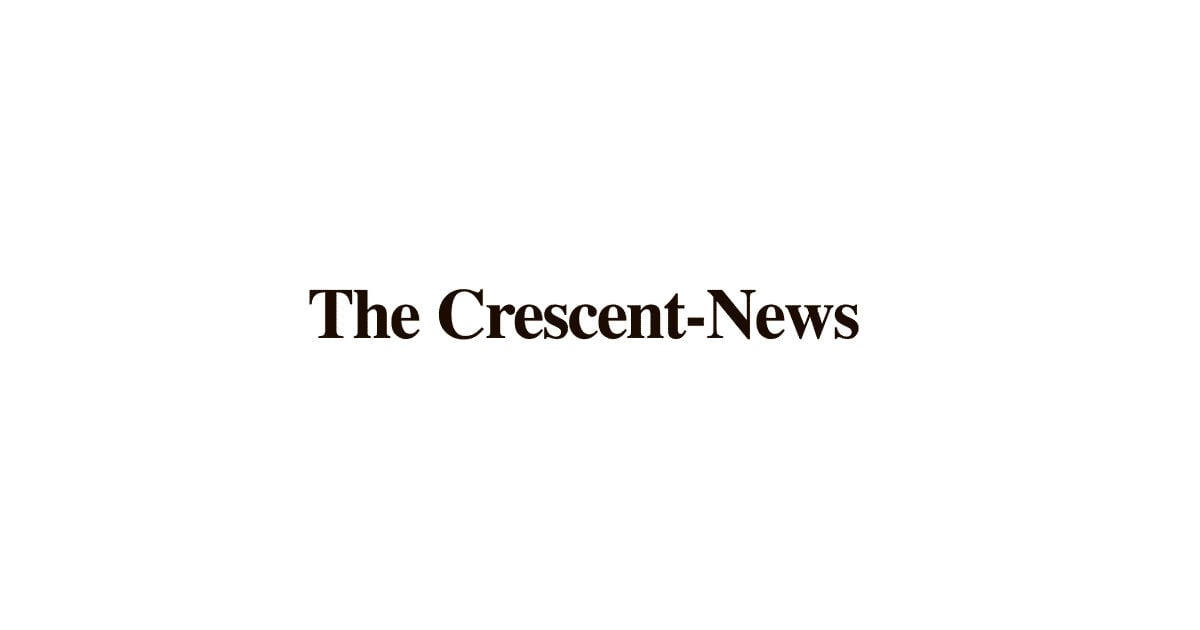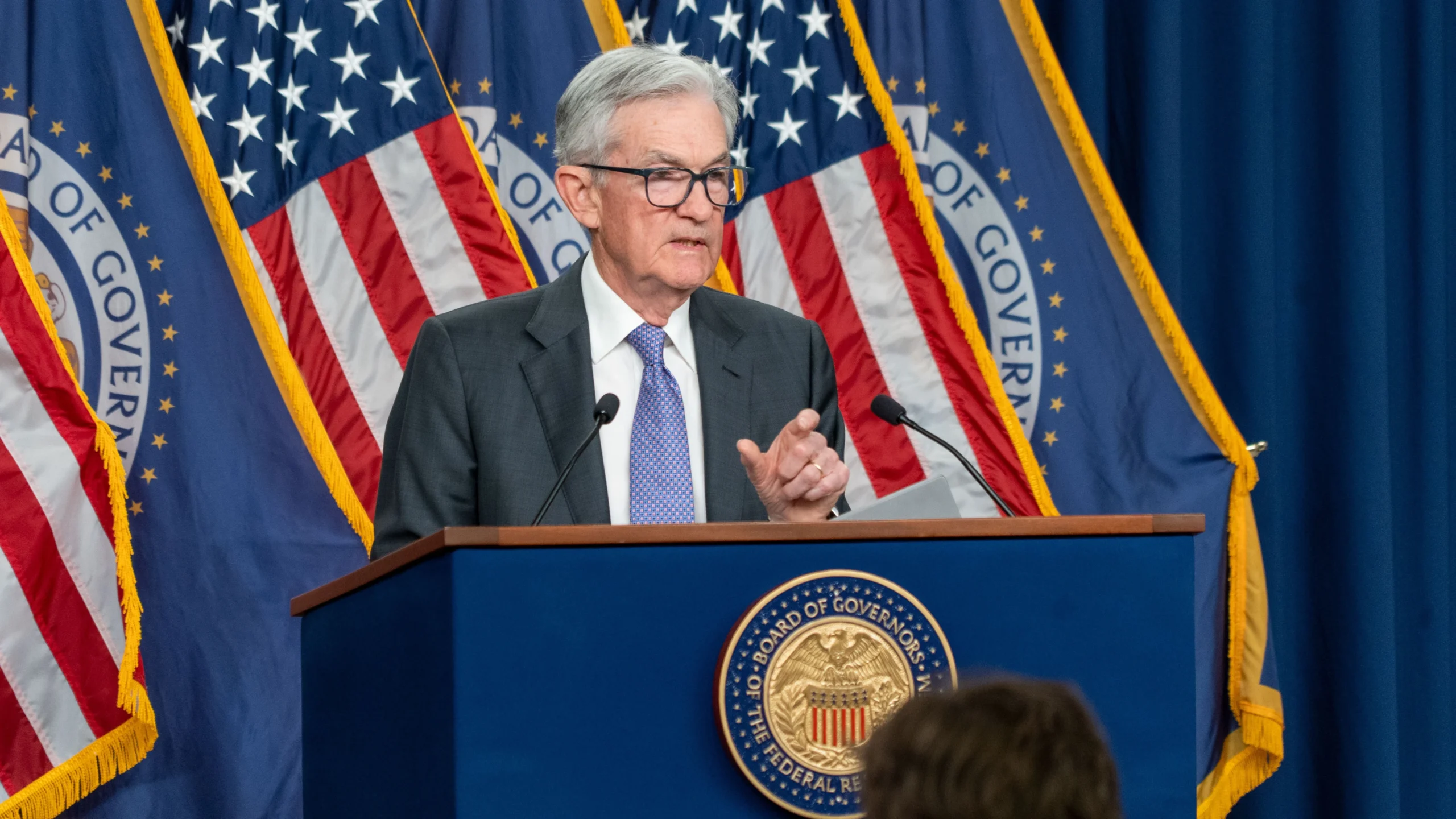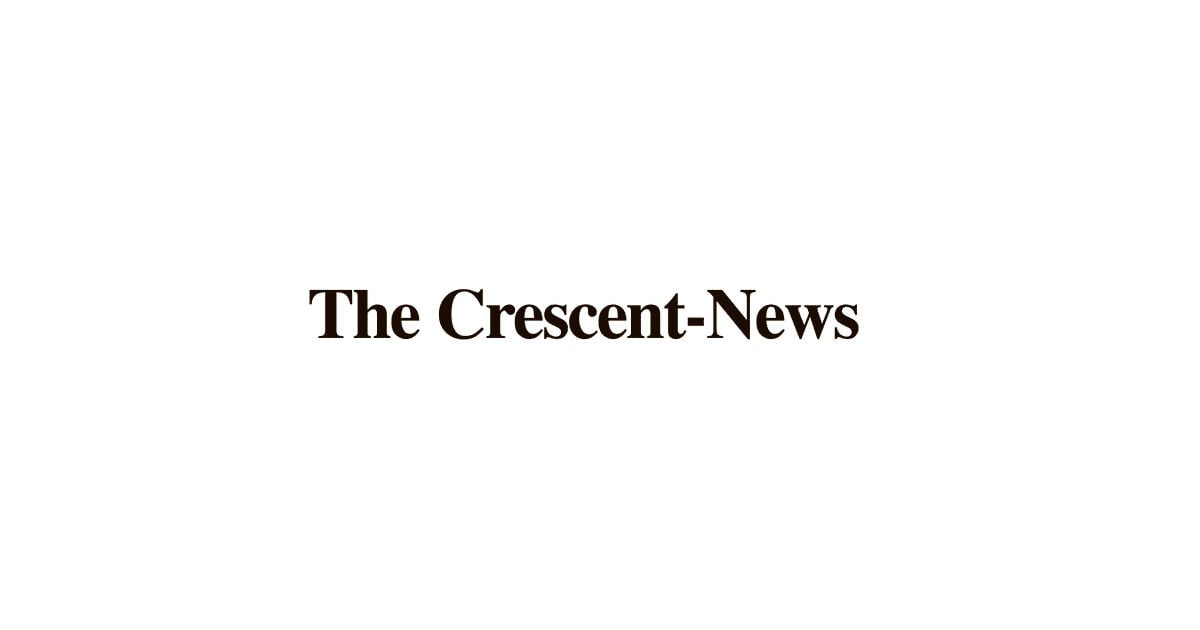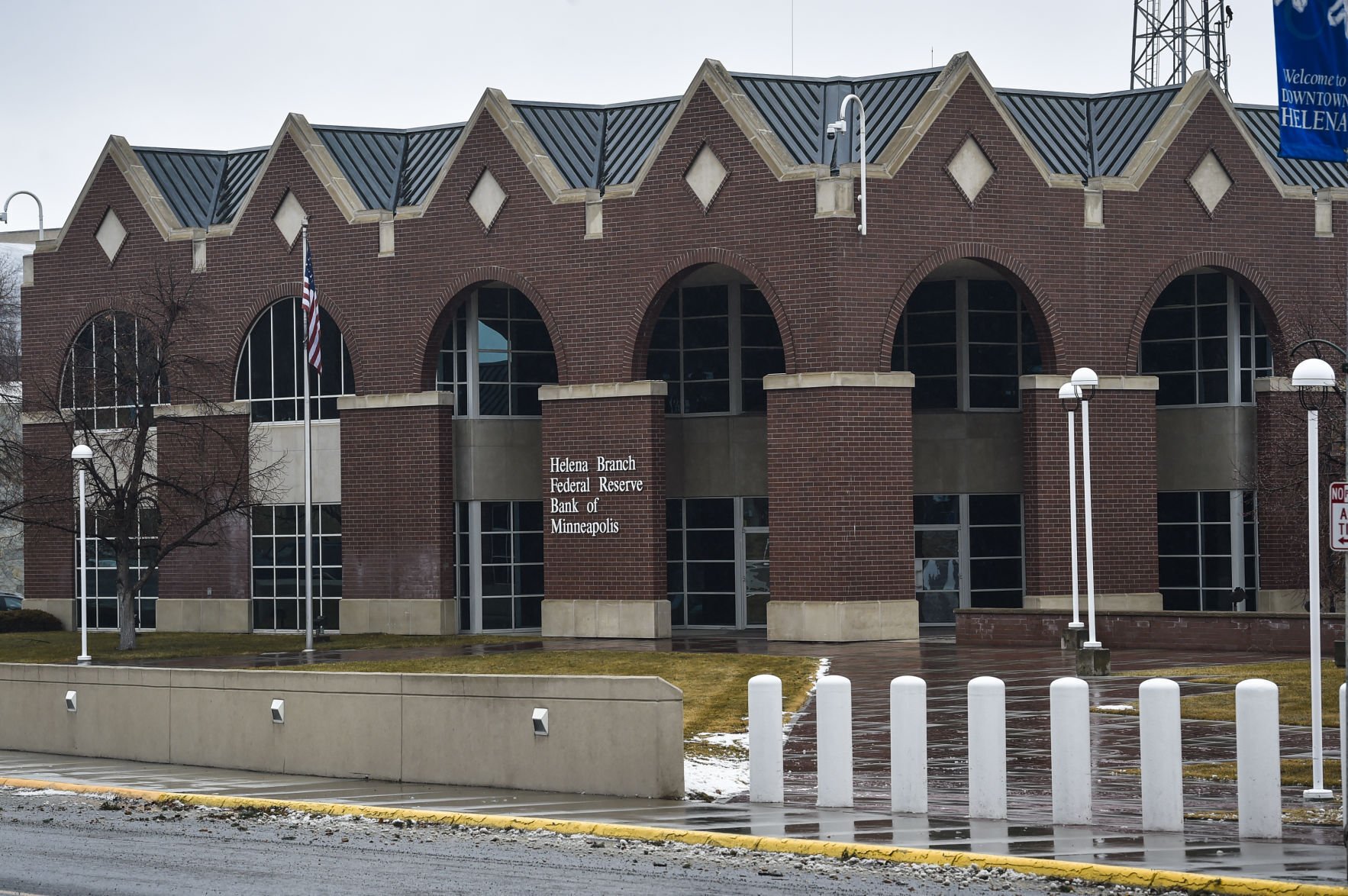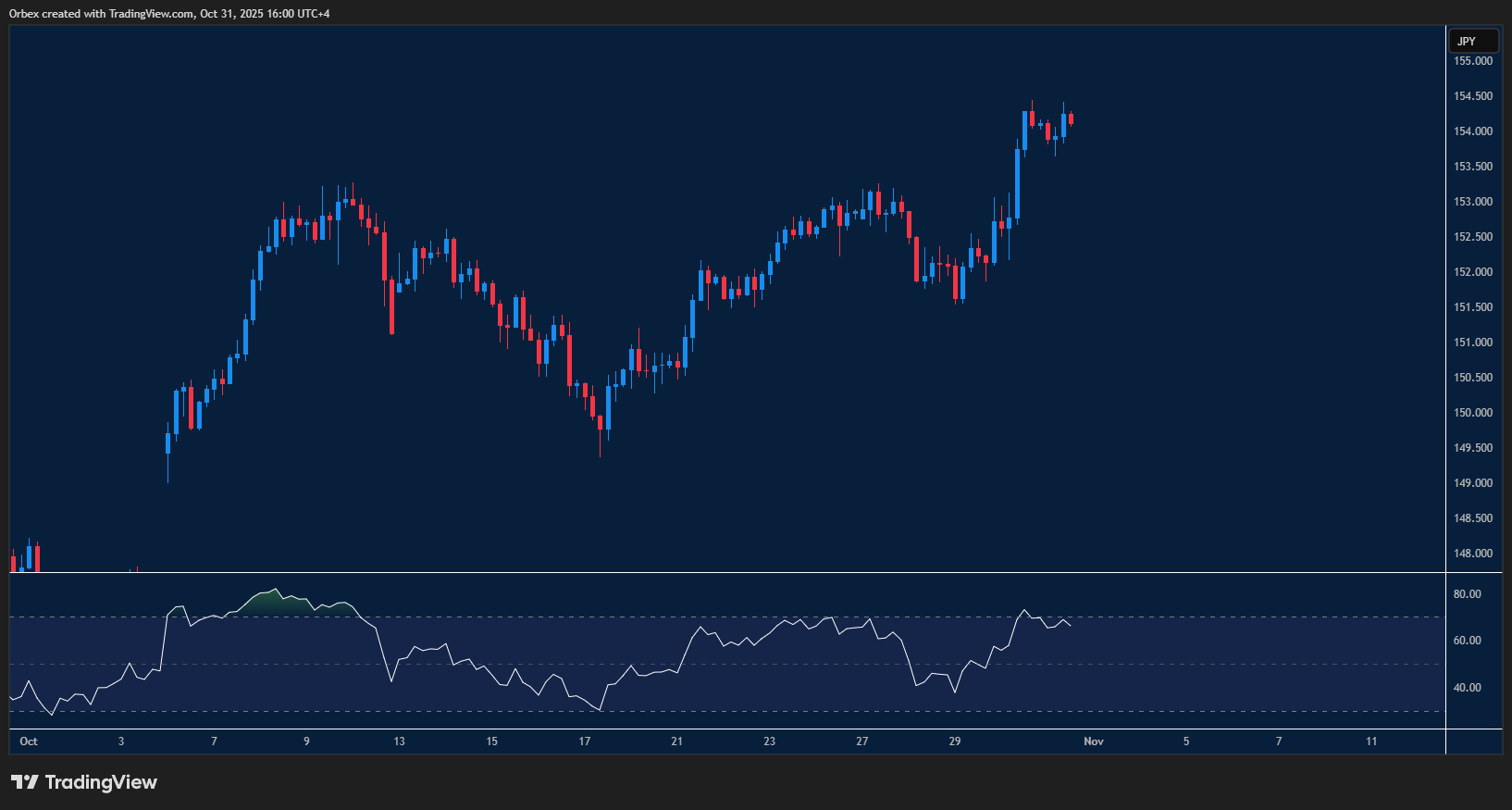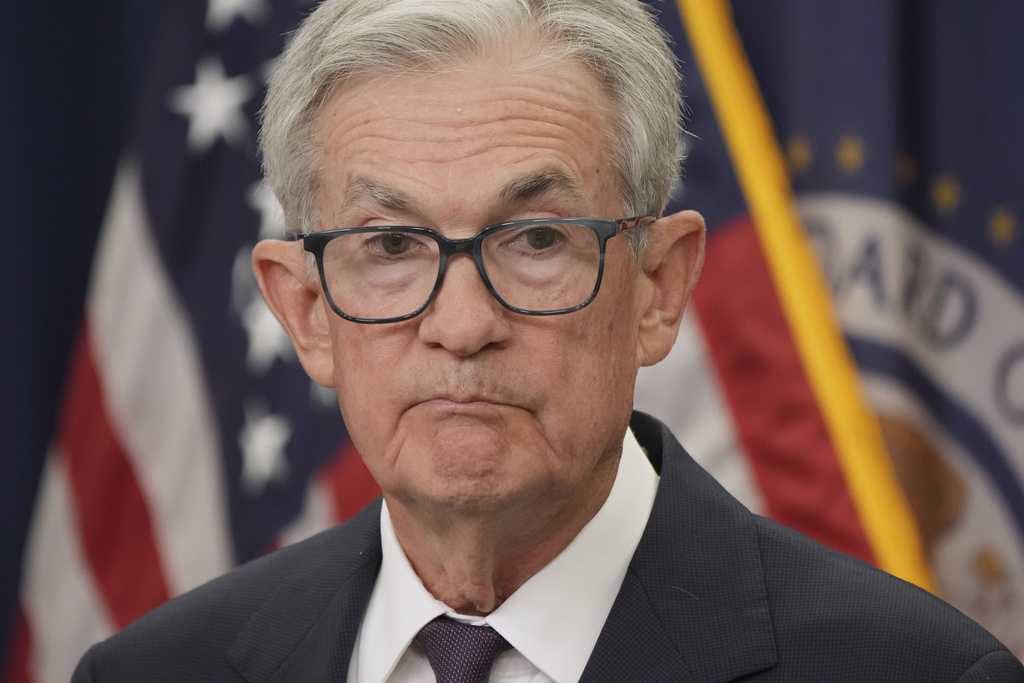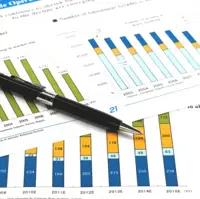Stocks fall while a break in gold fever sends metals prices plunging
Investors watched anxiously on Friday as stock prices slipped and gold plunged, signaling nervousness about President Donald Trump’s new Federal Reserve nominee. The looming question of how interest rates might change has triggered volatility across financial markets.
